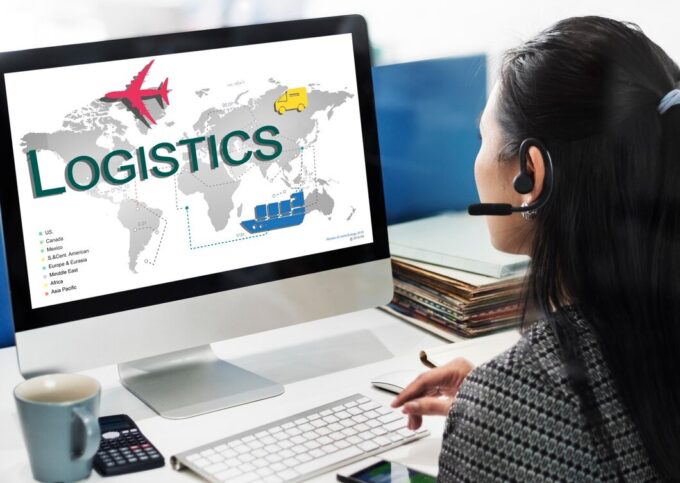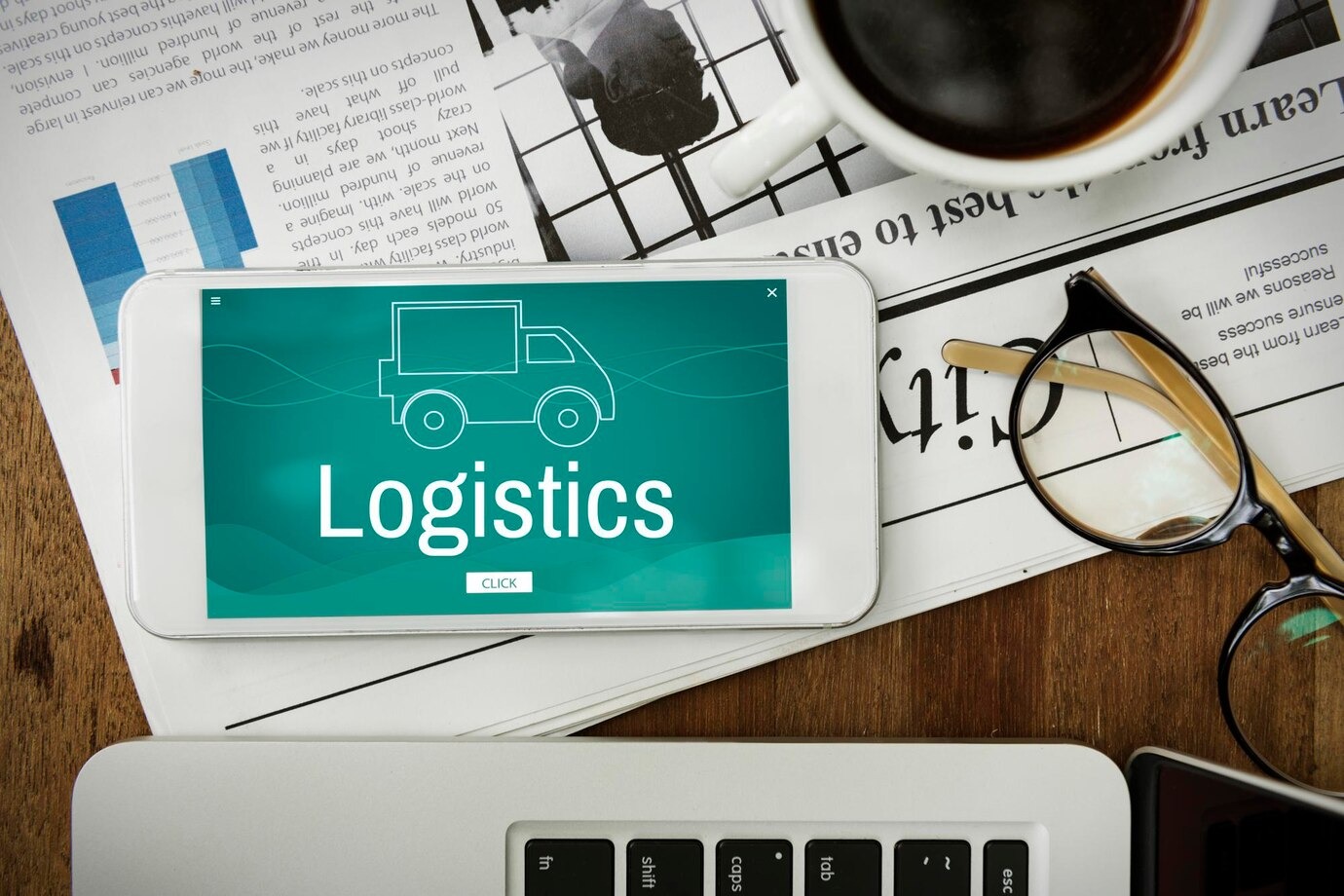In the modern business landscape, the importance of logistics cannot be overstated. As companies face unprecedented challenges and shifts in consumer demands, optimizing logistics has become a critical component for success. Learning how to improve your business logistics for better performance can not only streamline your operations but can also significantly boost profitability and customer satisfaction. An efficient logistics process minimizes downtime and ensures timely deliveries, while also promoting stronger relationships with suppliers.
Recent global disruptions have highlighted the need for agility in logistics. Businesses are now transitioning from local optimization to a more global strategy, considering options like local-nearshoring to create responsive networks. This adaptation requires more than just financial investment; it calls for a keen evaluation and improvement of existing practices. By focusing on reducing lead times and minimizing costs, you can create a sustainable competitive advantage in today’s market.
In the sections that follow, we will explore various logistics efficiency strategies, emphasizing how rethinking your processes could yield substantial improvements and drive performance in your organization.
Key Takeaways
- Logistics optimization is crucial for enhancing overall business performance.
- Streamlined logistical processes lead to improved customer satisfaction and profitability.
- Adapting strategies from local to global perspectives can enhance operational efficiency.
- Fostering stronger supplier relationships is key to optimizing logistics.
- Investing time in re-evaluating existing processes can yield better results than heavy financial investments.
- Continuous improvement in lead times and cost management can provide a sustainable edge.
Understanding the Importance of Business Logistics Optimization

Optimizing business logistics plays a crucial role in modern operations. You can achieve significant improvements in your supply chain performance enhancement through strategic decisions. Understanding the core elements of logistics optimization helps in identifying areas for growth and streamlining operations, ultimately leading to enhanced efficiency.
Enhancing Logistical Processes
Enhancing logistical processes can reveal numerous benefits for your business. By focusing on operational efficiency, you reduce costs, improve customer satisfaction through timely deliveries, and strengthen supplier relationships. Suppliers tend to favor partnerships with companies that demonstrate logistical proficiency, making optimization a vital consideration.
Challenges in Today’s Logistics Environment
Despite the advantages, challenges persist in today’s logistics environment. Rising costs associated with logistics operations can hinder profitability. Customer expectations for rapid delivery further complicate matters, placing additional pressure on your processes. Complexities such as supply chain visibility and compliance with government regulations present significant hurdles. To navigate these issues effectively, consider leveraging technological advancements like GPS tracking, automated solutions, and advanced information management systems as tools for improving business operational efficiency.
| Challenge | Impact on Business | Potential Solutions |
| Rising Logistics Costs | Decreased profitability | Cost analysis and optimization strategies |
| Customer Delivery Expectations | Pressure on operational timelines | Implement fast tracking and efficient route planning |
| Supply Chain Visibility | Difficulty in managing logistics | Invest in real-time tracking systems |
| Regulatory Compliance | Risk of penalties and disruptions | Regular training and compliance audits |
Strategies for Streamlining Business Operations

To enhance your business’s logistics performance, focusing on effective strategies is essential for streamlining business operations. Implementing advanced technology and fostering better communication among teams can significantly impact how your organization operates.
Investing in New Technology
Incorporating new technology is a fundamental step toward logistics management best practices. Automation tools, GPS tracking, and sophisticated information management systems can drastically improve efficiency by minimizing human error and expediting processes. By leveraging these technologies, you can enhance operational workflows and ensure that your logistics are operating at peak performance.
Fostering Interdepartmental Communication
Creating an environment that promotes interdepartmental communication is vital. When warehousing, delivery fleets, and management teams are aligned, your organization can quickly address backlogs and improve decision-making. Efficient communication helps maintain clarity about logistics performance metrics, ultimately leading to better service delivery and responsiveness to customer needs.
Continuous Operation Control
Maintaining continuous operation control will keep your business agile. Monitoring logistics performance metrics in real time allows for immediate adjustments and interventions. This proactive approach to streamlining business operations ensures that your organization can adapt to changing market conditions, delivering superior outcomes and enhancing overall operational success.
For further guidance on improving your business logistics, you can click here to explore more strategies and solutions tailored to your specific needs.

FAQ
What are the key benefits of optimizing business logistics?
Optimizing business logistics enhances operational efficiency, reduces costs, improves service levels, and fosters better relationships with suppliers. Efficient logistics are crucial for timely deliveries, which increases customer satisfaction and ultimately boosts profitability.
How do I start improving my company’s logistics processes?
Start by assessing your current logistics processes to identify inefficiencies. Consider investing in new technology, such as GPS tracking and automated systems, to improve logistics efficiency. Also, focus on fostering interdepartmental communication to ensure all teams are aligned.
What are some common challenges faced in logistics today?
Common challenges include rising costs of logistics operations, increasing customer expectations for rapid delivery, difficulties in maintaining supply chain visibility, and navigating complex government regulations. Addressing these issues requires a strategic approach and the integration of modern technology.
Why is technology important in logistics management?
Technology plays a vital role in logistics management by streamlining processes and providing real-time data insights. Solutions like automated systems and advanced information management systems can significantly enhance operational efficiency, enabling businesses to respond quickly to market changes.
What logistics performance metrics should I monitor?
Key logistics performance metrics to monitor include order accuracy, delivery times, inventory turnover rates, and logistics costs as a percentage of sales. These metrics can help you understand the effectiveness of your logistics strategies and guide improvements.
How can businesses create a sustainable advantage in logistics?
Businesses can create a sustainable advantage by continuously improving their logistics processes, reducing lead times, and minimizing costs. Focusing on agility and responsiveness to market conditions, along with strong supplier relationships, also contributes to long-term success.









